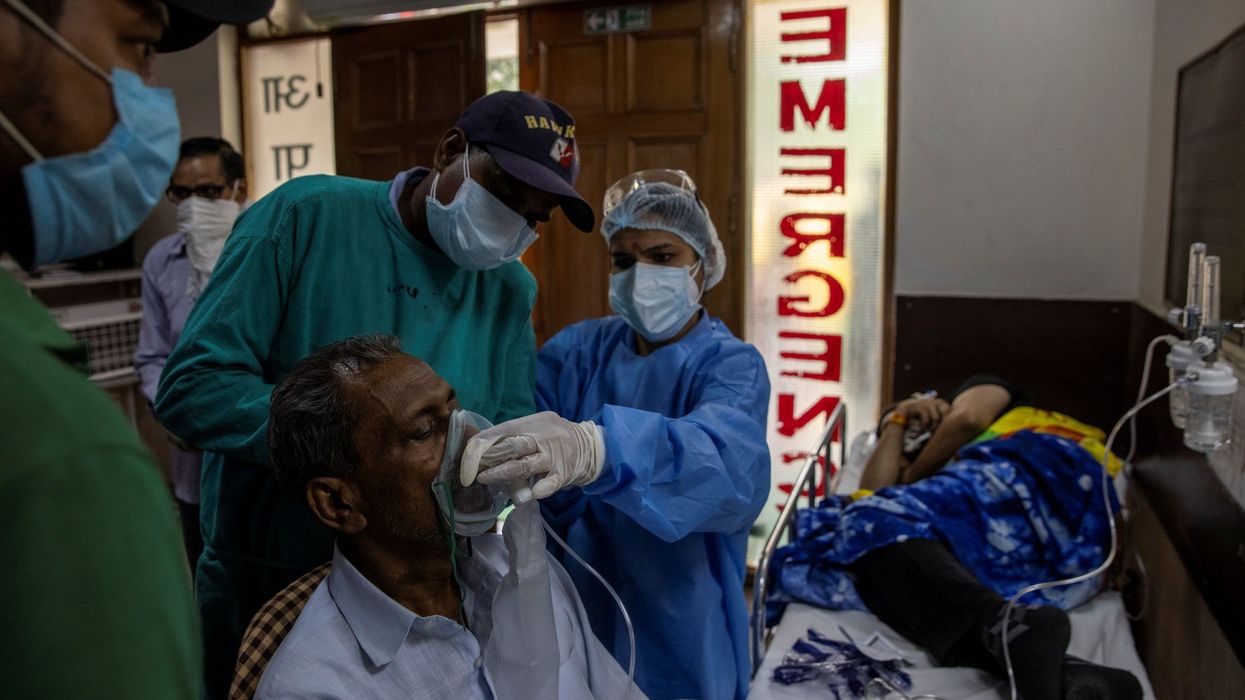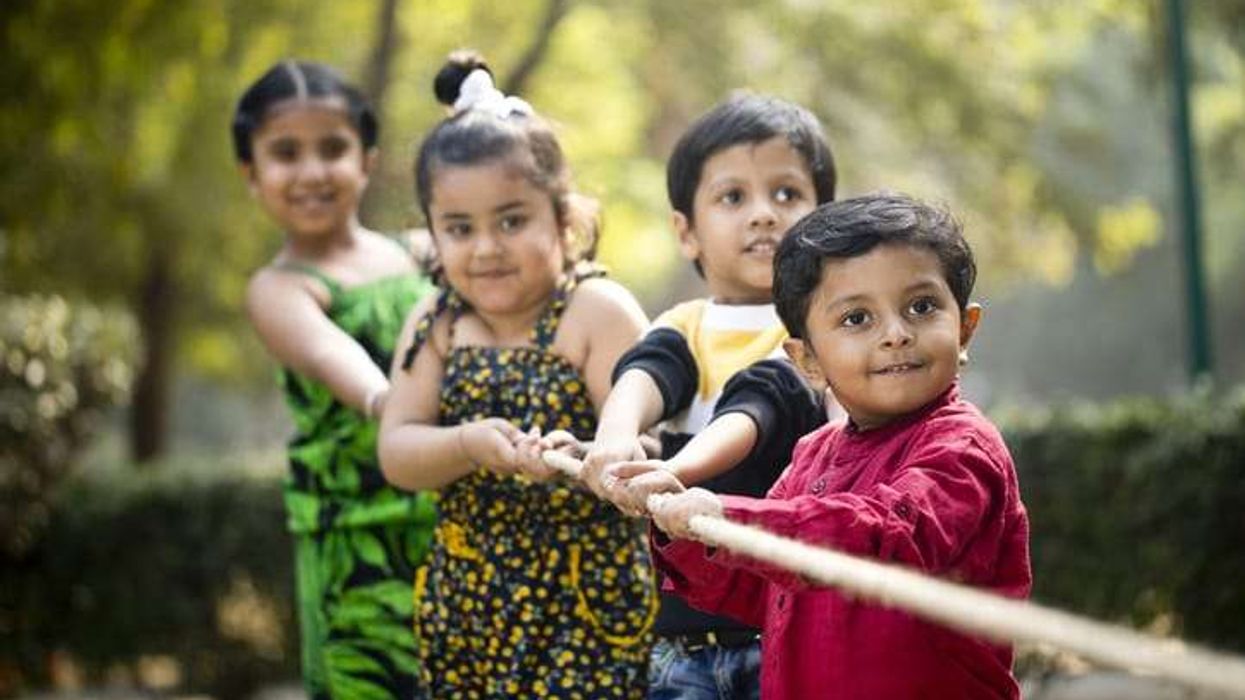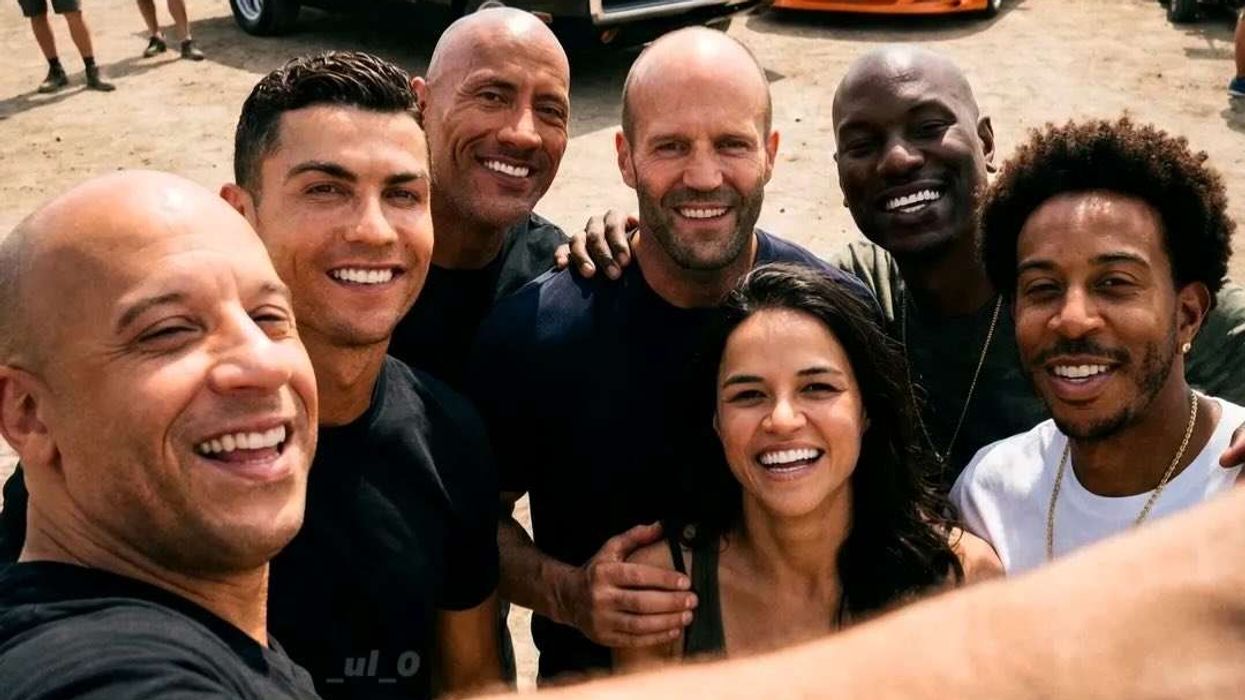by LAUREN CODLING
BRITISH ASIAN doctors have revealed their efforts to support medics and patients in India, which is in the midst of a devastating second coronavirus wave.
The country’s tally of coronavirus infections surged past 20 million on Tuesday (4), becoming the second nation after the United States to pass the milestone. The spike has stretched the demand for care in hospitals, with many running out of vital supplies such as oxygen.
In response, several Asian organisations have offered support to help Covid-struck India. The British Association of Physicians of Indian Origin (BAPIO) has begun fundraising for food and medical equipment, and recently launched a virtual hub to tele-triage with Indian colleagues.
As Eastern Eye went to press on Tuesday, BAPIO’s appeal had raised more than £124,000 of their £500,000 target. “You do feel a bit helpless (in the situation) and we wondered what is it that we could do,” national BAPIO chairman Dr JS Bamrah told Eastern Eye last week. “We thought the best way to do it would be to offer resources.”
The money raised will go toward vital medical equipment and help feed the needy in India. To help with oxygen supplies (such as oxygen concentrators and ventilators), the organisation has teamed up with the NHS and the High Commission of India to source and supply them to medical facilities in India.
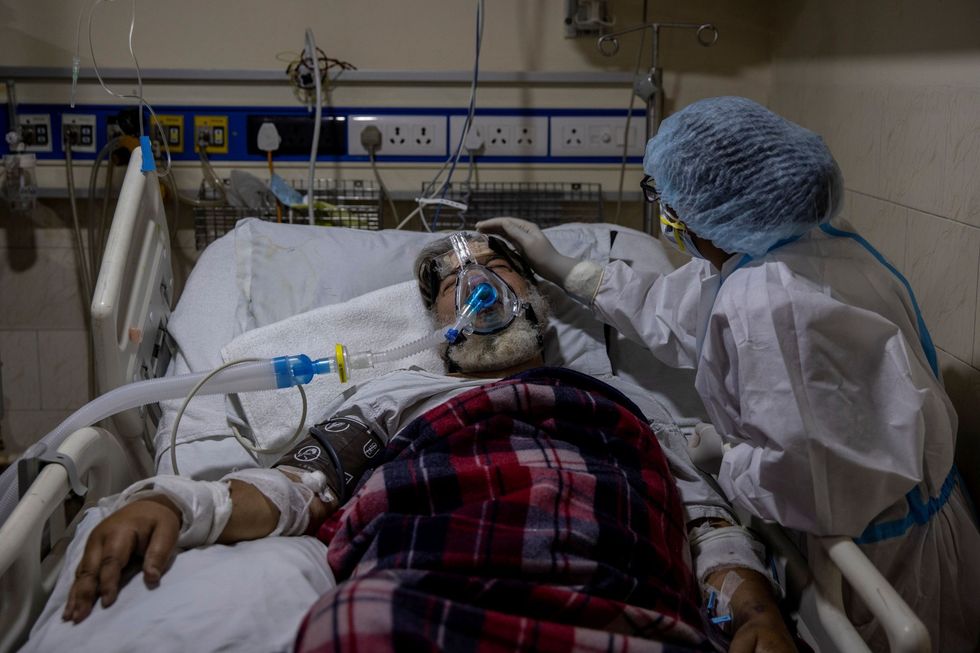
They have also helped to set up the telemedicine virtual hub, led by BAPIO’s national secretary Professor Parag Singhal. The academic revealed the plan is to set up teleconsultations with hospitals across the country, with British medics helping report on CT scans, help with less serious cases through virtual ward rounds, and assist patients in a home setting.
“We felt compelled to help India because our colleagues (in India) are exhausted, they can’t cover so many patients and these patients need care,” he told Eastern Eye. “Any extra help in the form of advice is good for them and people in India are so grateful for what we are doing.”
Fellow BAPIO member Dr Abhay Chopada has been giving consultations to patients (with Covid symptoms) in India. Giving them medical advice means they are less likely to take unnecessary trips to hospital, he said. “I’ve managed to speak to patients who were concerned on their health but after consulting with them, I realised they did not have to go to hospital,” he told Eastern Eye. “So, in a very small way I’ve felt I could reduce the burden, at least partially.”
Dr Chopada noted a lot of people with Covid symptoms in England did not go to hospital and got better at home. “We want the same message to go out in India, that having Covid doesn’t necessarily mean that you have to go and see a doctor or be in a hospital,” he explained. “It just means that you need to monitor certain parameters and most people will be fine. They just need someone who’s available for them to talk with and reassure them.”
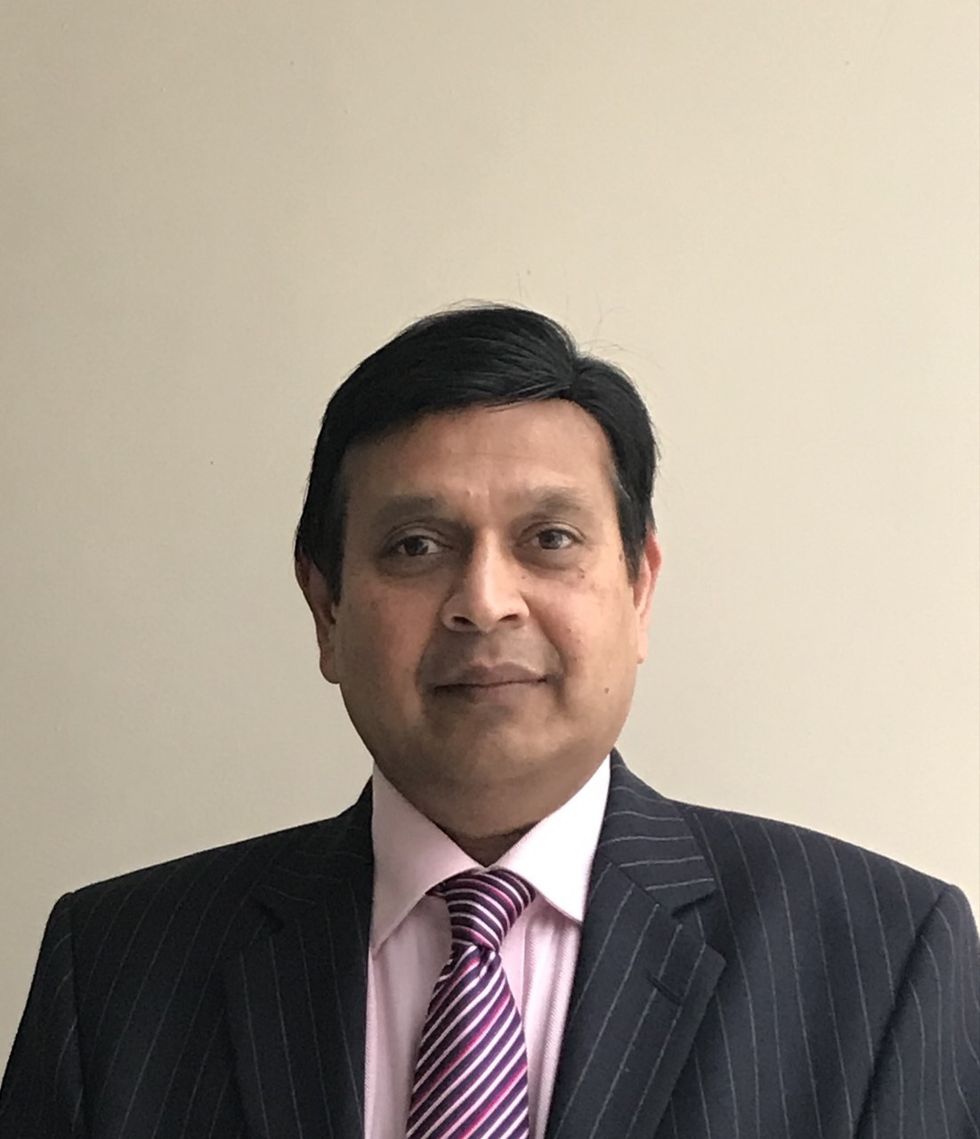
Meanwhile, some are extending support to British Indian doctors in the UK who may be feeling overwhelmed by the ongoing crisis.
The British Indian Psychiatric Association (BIPA) have organised weekly virtual support sessions for healthcare workers impacted by the news. BIPA president Dr Ananta Dave told Eastern Eye the rapidity with which the pandemic has unfolded in India is “terrifying and devastating for many people”.
“We hope to connect people, to get them talking about their feelings and show messages of hope and healing,” she said.
Dr Bamrah lost two close relatives in the first Covid wave in India. He speaks to his family most days – but he said it is stressful not knowing when he will see them again. “It is really terrible, the sheer stress of it, the anxiety, the worry, the helplessness that I feel,” he said. “It would make any person feel hopeless. It’s heart wrenching.”
Dr Dave has also lost family members during the crisis. “I was getting daily calls from relatives desperately for advice, asking us to help find them oxygen cylinders from the UK,” she recalled. “It’s been very sad seeing our own family members die because they could not get access to services.”
Describing the situation in India as “absolutely devastating”, Prof Singhal said he also receives frequent calls from people needing help. The difficulties faced by countless people across India spurred BAPIO members to assist India in dealing with the crisis, he said.
“People ring me for advice, telling me they’re not getting oxygen, and we help in whatever way we can,” he said. “Once, somebody passed away while I was on the phone to them. It is very distressing and that is why we felt that we have to do something to help.”
To donate to BAPIO’s appeal, see: https://gofund.me/9965312d
